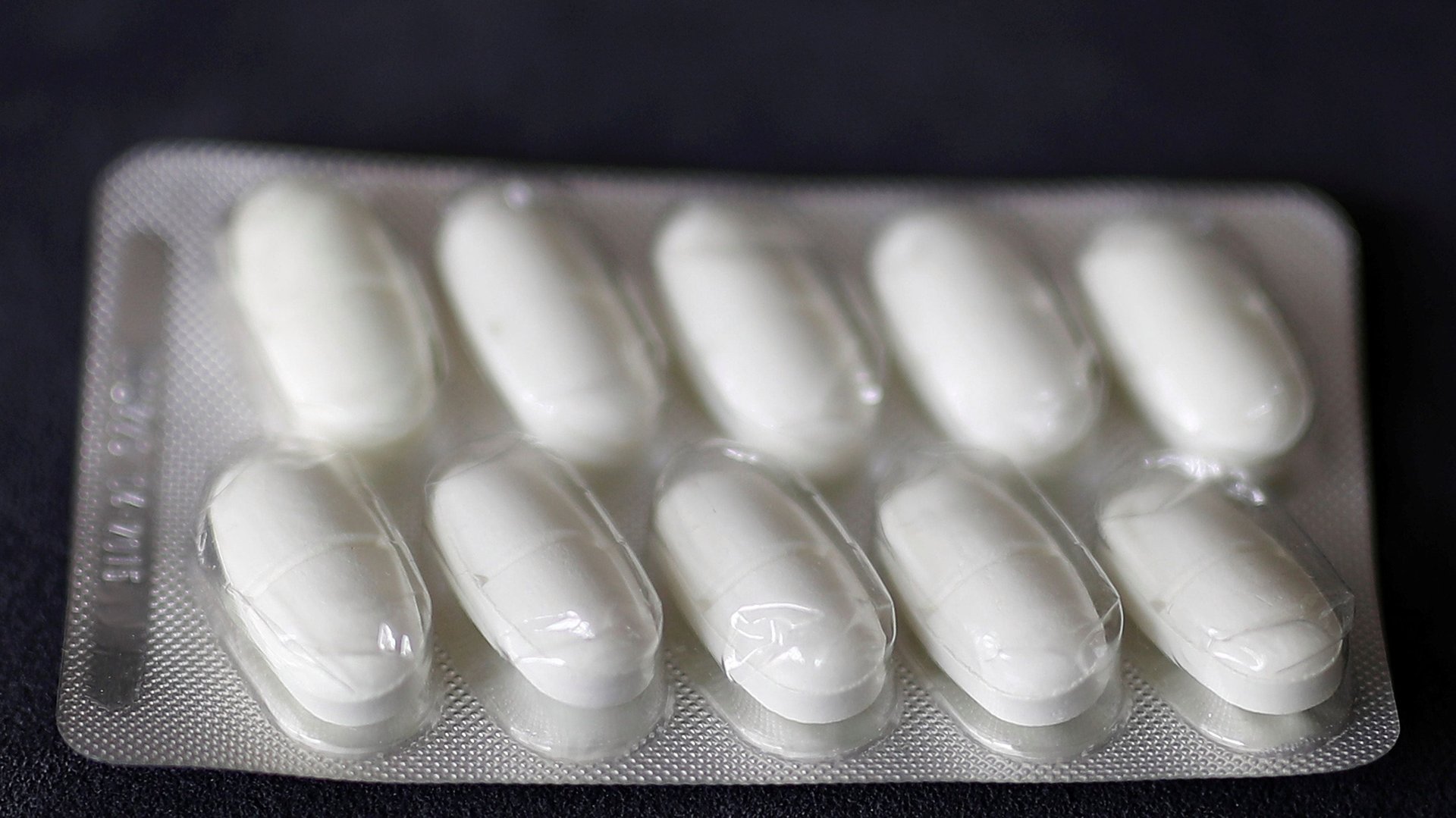25% of antibiotics prescribed in the US are unnecessary
When Alexander Fleming was awarded a Nobel prize for his discovery of the antibiotic penicillin, he knew there was a downside to the life-saving drug. In his 1945 acceptance speech, he warned (pdf) of the dangers of “exposing…microbes to non-lethal quantities of the drug make them resistant.”


When Alexander Fleming was awarded a Nobel prize for his discovery of the antibiotic penicillin, he knew there was a downside to the life-saving drug. In his 1945 acceptance speech, he warned (pdf) of the dangers of “exposing…microbes to non-lethal quantities of the drug make them resistant.”
And yet, almost three quarters of a century later, it seems many have forgotten his message.
A new study published yesterday (Jan. 16) in the BMJ found that in 2016 in the US, roughly a quarter of all antibiotics prescribed were likely for conditions that aren’t caused by a bacterial infection. Conversely, only about 13% of antibiotic prescriptions were likely necessary.
The research is based on insurance-claim data from the 2016 Truven Health Analytics Research database, owned by IBM, and which contains claims information for over 19 million US adults whose employers provide their health insurance, and for family members on those plans. Insurance claims include the codes denoting the diagnosis (or diagnoses) assigned to each patient as the reason for every doctor’s visit, as well as the type of drug those patients later picked up from the pharmacy.
The researches grouped the diagnostic codes into categories by whether they “always,” “sometimes,” or “never” merited antibiotics, and compared these categories to the prescriptions picked up for them at pharmacies.
Over the course of the year, there were 15 million prescriptions for antibiotics. Of those, 23.5% of these prescriptions were given for ailments in the “never” category, like upper respiratory infections or coughs, which are usually caused by a virus. Only 12.8% of these prescriptions were given when patients received diagnoses that are classified as “always” meriting antibiotics, which included strep throat, bacterial pneumonia, or a urinary tract infection. Some 35% of prescriptions were for categories the researchers classified as “sometimes” meriting antibiotics; these tend to be conditions that can be caused by viruses or bacteria, but without lab tests, it’s impossible to know.
There are some issues with the study. For example, 28.5% of antibiotic prescriptions didn’t correspond with any diagnostic code. Some of these were refills, which may have been justified. Others might have been prescribed when patients paid out-of-pocket for visits to health care providers or for telemedicine appointments, and so were never reported in insurance claims. Because of the uncertainty in the dataset, the researchers didn’t test their data for statistical significance.
That said, these findings reflect similar data found in previous studies. The US Centers for Disease Control and Prevention estimates that about one third of all antibiotic prescriptions in the US are unnecessary, and a study conducted in the UK found that roughly 9% to 23% of antibiotics were prescribed in error.
Antibiotics aren’t pleasant—they can wipe out most of your gut bacteria, which can cause diarrhea. When you have a bacterial infection, these side effects are worth it to get better.
Without one, though, taking antibiotics does more harm than good, both to you, and to public health more generally. Unnecessary antibiotics raise the risk for the development of drug-resistant bacteria, or superbugs. When antibiotics wipe out all other bacteria, those that are drug-resistant survive and are more likely to repopulate and spread their genes. Infections from superbugs kill an estimated 23,000 in the US annually. Globally, that figure is predicted to skyrocket to 10 million by 2050.